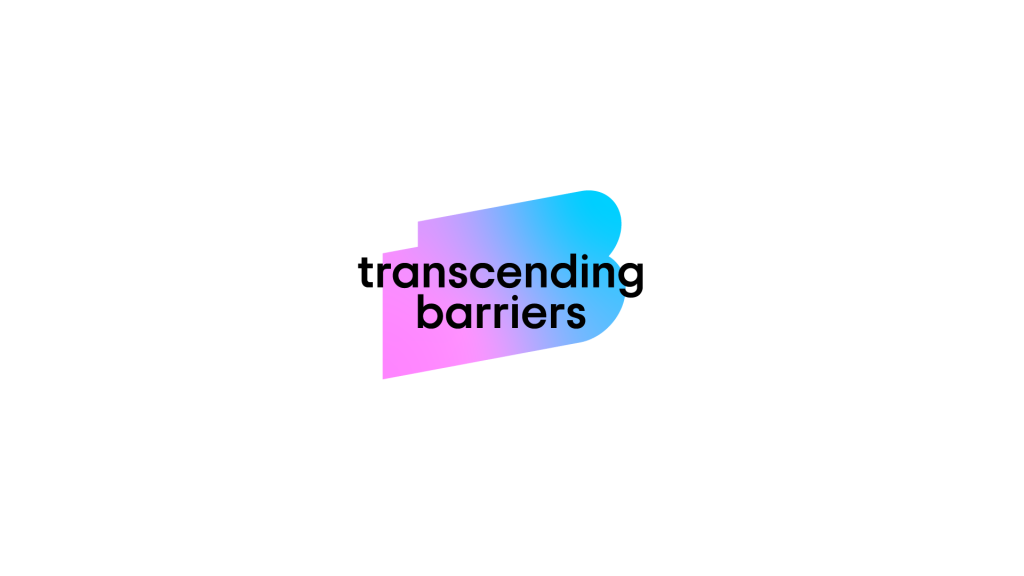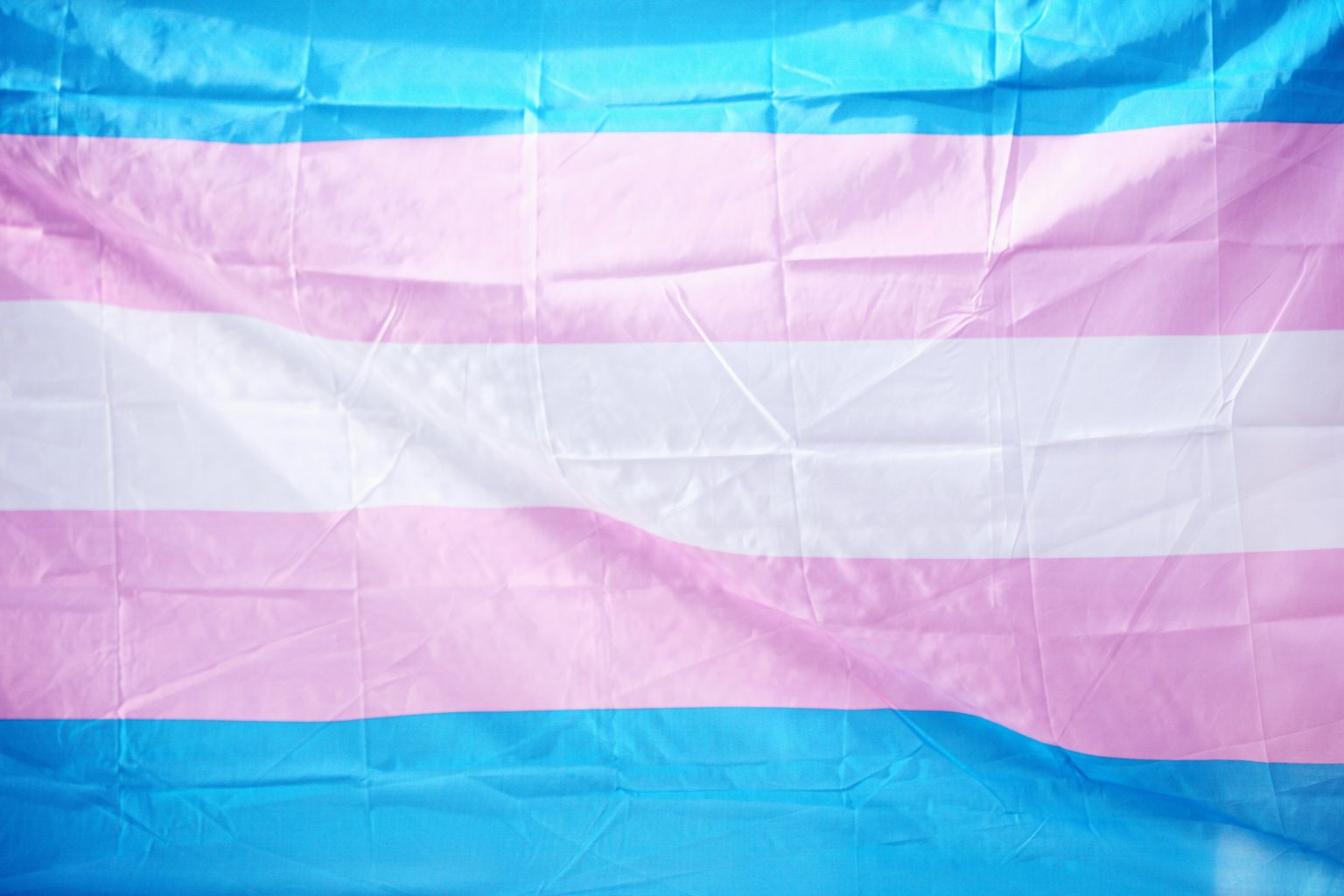Vytautas Magnus University (VMU) and its consortium partners from Italy, Bulgaria, Spain, France and Lithuania have launched an international project entitled “Transcending Barriers: Promoting Trans Inclusion in the Workplace“. Funded by the European Union’s Citizens, Equality, Rights and Values (CERV) programme, the project will run from 2025 until February 2027. It aims to combat the discrimination and inequality experienced by transgender and non-binary people in the workplace. Project number: 101144262 (CERV-2023-EQUAL).
The project consortium comprises nine institutions from Italy, Bulgaria, Spain and Lithuania. The partners from Italy are: the University of Brescia (the coordinating institution), the Humane Age Institute and the Ambasciata della Democrazia Locale Zavidovici Association. Other partners include the Glas-Bulgaria Foundation from Bulgaria, the European Association for Local Democracy (ALDA) from France, the University of Girona from Spain, the Lithuanian Gay League, and Vytautas Magnus University from Lithuania. The project’s associated partner is Sapienza University of Rome in Italy.
Focus on specific professionals and reducing discrimination
The aim of this project is to contribute to the fight against the discrimination and inequality that transgender and non-binary people often experience in the workplace. The main focus is on raising awareness among professionals in certain fields, particularly human resources and management, and strengthening their ability to combat stereotypes about transgender people. The project also seeks to enhance understanding of the challenges transgender and non-binary individuals encounter in employment, promoting the adoption of practical solutions that ensure equal opportunities for all employees, irrespective of their gender identity.
VMU researchers to study transgender and non-binary experiences in Lithuania’s labour market
A team of researchers from VMU, led by Prof. Dr. Milda Ališauskienė, a senior researcher at the V. Kavolis Transdisciplinary Research Institute, will conduct two significant studies to reveal the situation of transgender and non-binary individuals in the Lithuanian labour market. The first qualitative study will analyse the experiences of transgender and non-binary individuals in the Lithuanian workplace, investigating the challenges they face when looking for work, working or pursuing professional development. The second study, which is quantitative, will seek to identify a broader picture of experiences and challenges in Lithuania. It will also include the experiences and practices of human resources specialists and managers, with the aim of increasing the inclusion of vulnerable groups in the workplace.
These studies aim to reveal the systemic problems and challenges faced by transgender and non-binary people in the labour market and to develop practical measures to promote greater inclusion. The results will inform the development of training and mentoring programmes for labour market participants.
Expected project results and long-term impact
The project is expected to produce significant results that will help to improve the situation of transgender and non-binary individuals in the workplace. Firstly, human resources specialists and managers will enhance their understanding of the rights and challenges experienced by these individuals. They will also be provided with tools to promote diversity and inclusion. Secondly, specific measures will be developed and activities implemented to enhance the security and inclusion of transgender and non-binary individuals in the workplace. The project’s target groups are human resources and management personnel, transgender and non-binary individuals, and policymakers. The project activities will indirectly benefit the entire LGBTI community.
This project is an important step towards creating an inclusive working environment, where everyone feels safe, visible and respected, regardless of their gender identity or expression. It will also be a significant step forward in developing inclusive personnel management practices in Lithuania.
This project is funded by the Citizens, Equality, Rights and Values (CERV) programme.
You can find more information about the project here.





